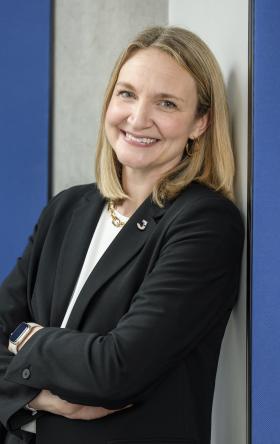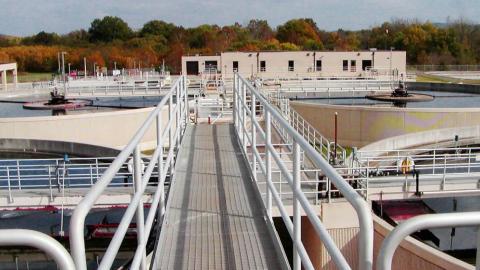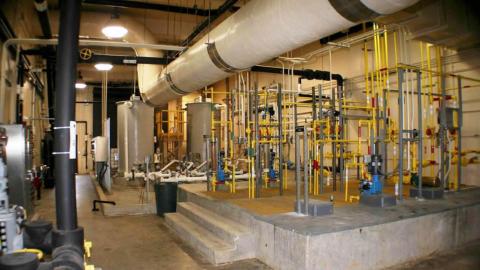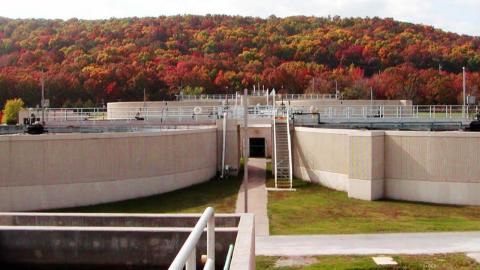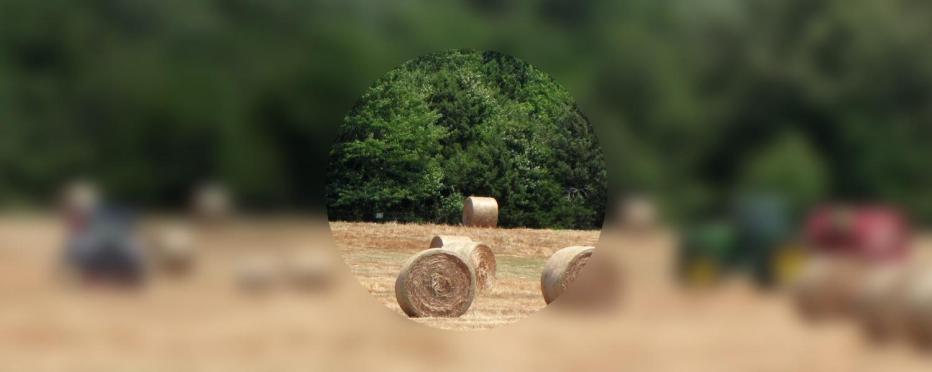
Project Overview
The City of Fayetteville has a dream of becoming a national leader in community sustainability. The Jacobs team recognized the need to think beyond the contract and not be afraid to flip a problem on its head to help our client break new ground in the industry.
The Jacobs team loves helping the city and has fun brainstorming ways to optimize every project. That’s why they decided to do an annual brainstorming session to identify triple bottom line projects that benefit the client and the community. The city saves over USD$250,000 on electricity annually due in part to creative minds at Jacobs, who recommended a sustainable biosolids management solution that pairs solar and thermal drying technologies.
When creativity is encouraged, leaders develop. Since the Fayetteville project began, it has produced more than 30 managers now spread across the U.S. With a combined 200-plus years of experience, they’re sharing their expertise with the world.
The city and Jacobs inspire each other, as partners, to lead the way by unlocking new ways of working and transforming a city into a sustainability leader.
-
200 +
years of experience developed in Fayetteville and is now being shared with the world
-
74 K
residents now live in a sustainable community
-
30
managers who are spread across the world began their career at Fayetteville
-
74
species of native wildflowers and grasses planted on the site
“Jacobs has demonstrated to our city their commitment to this contract, their passion for services they provide and quality of work that is second to none. They are such an integrated part of our team, I couldn’t imagine not having their talent and expertise working on behalf of our city and our citizens. We look forward to this relationship continuing for many more years into the future.”
What was involved?
Jacobs manages the city’s wastewater facilities, but the partnership extends far beyond into helping the city’s efforts to encourage sustainable practices throughout the community.
Design-Build
Performed original facility design and construction management.
Environment
Partnered with the local university to design a xeriscape garden to reduce watering and mowing costs for the city.
Water Resources and Ecosystem Management
Restored the native prairie ecosystem that once thrived on Woolsey Wet Prairie Sanctuary adjacent to the West Side wastewater treatment plant.
Water Resources and Ecosystem Management
Helped Fayetteville enhance the surrounding ecosystem to become the first business to become a certified Community Wildlife Habitat in Arkansas.
Environment
Jacobs harvests and markets the hay crops on the land.
Community Impact
Proceeding the Paul R. Noland Wastewater Treatment Plant, noxious plants displaced native plants and local wildlife. Jacobs helped the city reclaim the land by planting 74 species of wildflowers and grasses and 16 native shrubs and trees, and zone around the creek to allow room for wildlife to prosper. By adding a parking area, kiosk and bluebird trail for the community, Jacobs was able to help the area became a certified Community Wildlife Habitat in Arkansas from the Natural Resource Conservation Service’s Acres from Wildlife Program.
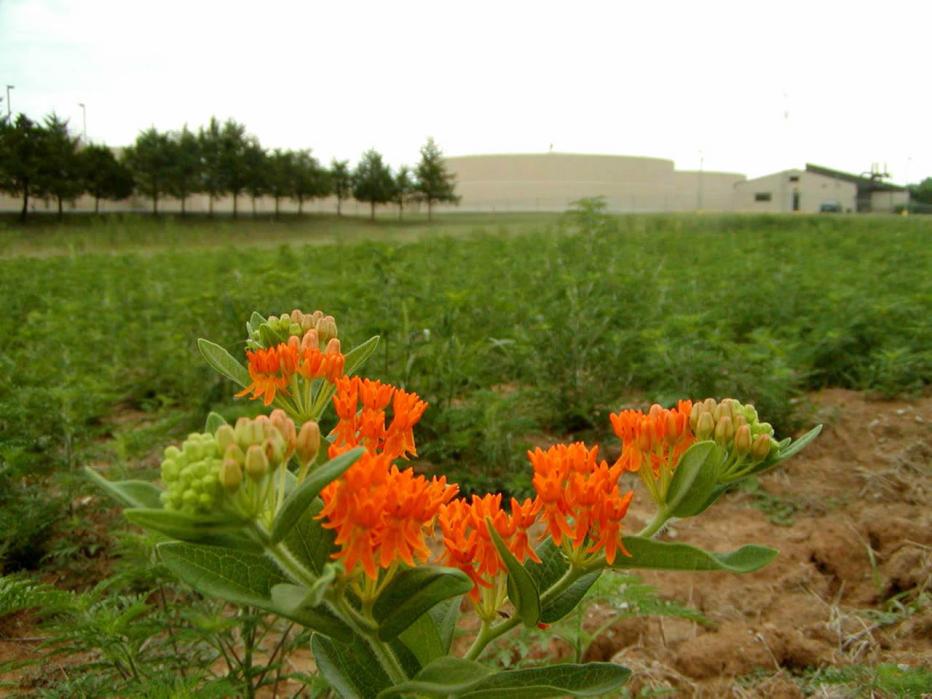
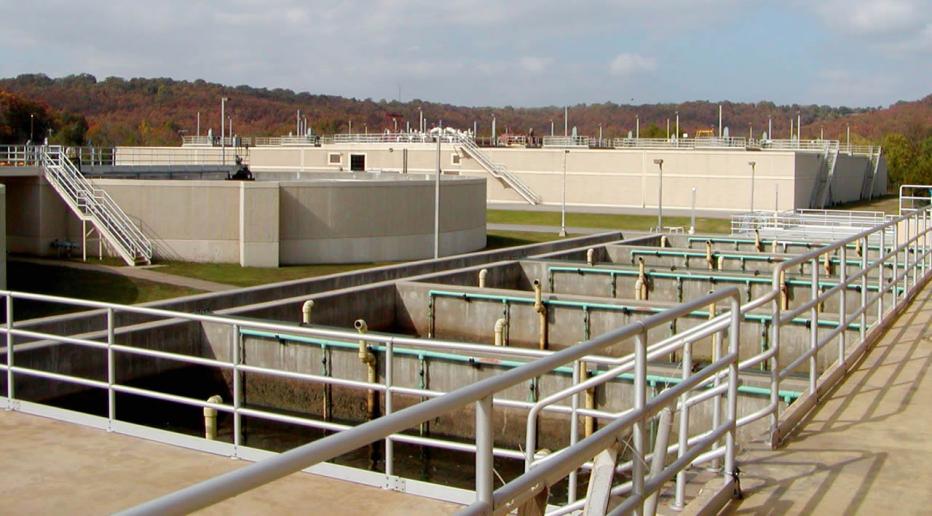
In Detail
Always evolving in Fayetteville: Shared vision breeds environmental innovation
The city of Fayetteville uses public-private partnership to deliver creative, sustainable solutions that preserve and enhance their community’s economic and environmental health for today and tomorrow.
In the 1980s in Fayetteville, a nearly two-decade-old wastewater treatment plant was operating on aging technology. The effluent discharged into the White River did not meet water quality standards – a big concern because the White River is the area’s main water supply. The city brought on Jacobs to help design, operate and maintain a modern facility that could satisfy more rigorous new standards that would position Fayetteville for the future.
Leading the sector of sustainable environmental policy, Fayetteville and Jacobs represent a model for other jurisdictions to emulate. Using a “triple bottom line” approach to making decisions on operations, repair or maintenance, we ask, Is this the best solution financially? Does it provide stakeholder value? How will it affect the environment? The results are outstanding:
- Energy conservation efforts at wastewater facilities bring significant cost savings to the city. Onlookers notice facility staff pedaling bicycles, and tricycles, or driving electric golf carts on the premises rather than powering up pickup trucks to transport of lightweight materials.
- Load-shedding generators used at both wastewater facilities and a major lift station bring more than USD$250,000 in annual electrical savings by taking facilities off the grid entirely during periods of heightened demand and minimizing the risk of local homes and businesses losing power.
- Jacobs and Fayetteville collaborated with an incubator company formed in partnership with the University of Arkansas. The city was the first buyer of this more efficient dissolved oxygen system, seeing a return on its investment in less than four years.
- Nature lovers and bird watchers frequent the 13-acre (5-hectare) wildlife habitat on the grounds of the Paul E. Noland Wastewater Treatment Plant, the first city-owned property to be recognized by the National Wildlife Federation. The xeriscape area features native trees, shrubs, grasses, wildflowers, as well as bluebird boxes and a nature trial.
- Fayetteville has also implemented an innovative biosolids drying program that uses both solar energy and natural gas to dry biosolids to nearly 90 percent dryness or better. The end product is sold as biosolids fertilizer representing a new revenue stream for the city.
The partnership has extended beyond the wastewater facilities to support the city’s efforts to encourage sustainable practices throughout the community by cooperating with business and academia to increase awareness about sustainability in the region.




















